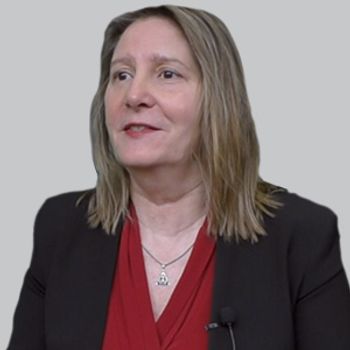
The Professor in UCLA's Department of Neurology and Director of the UCLA MS Program spoke about disease-modifying therapies that would complement anti-inflammatories by targeting neurodegenerative processes.

The Professor in UCLA's Department of Neurology and Director of the UCLA MS Program spoke about disease-modifying therapies that would complement anti-inflammatories by targeting neurodegenerative processes.

Patient management 90 days after amyloid PET changed in 60.2% of patients with MCI and 63.5% of patients with dementia of uncertain etiology.

Despite known teratogenicity risks, many women of childbearing age with epilepsy are prescribed valproate, topiramate, and phenytoin.
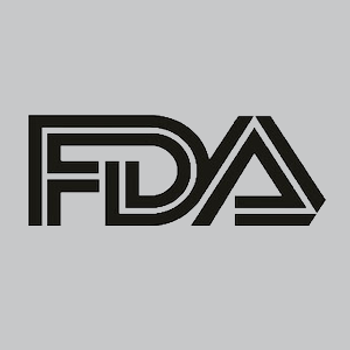
The device, also cleared to treat anxiety and depression, was launched at the Anxiety and Depression Conference in Chicago and will be available in the United States starting at $695.
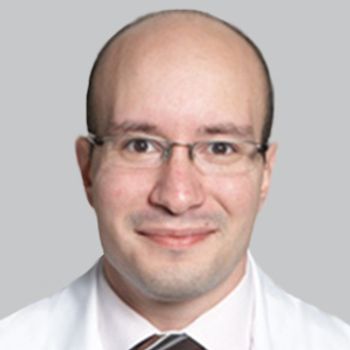
The multiple sclerosis specialist at the Corinne Goldsmith Dickinson Center for MS at Mount Sinai spoke about improving a patients' quality of life through symptom management.

The professor of neurology at the University of Colorado spoke in-depth about the treatment landscape, the biggest unmet need, and some of the challenges of research in progressive MS.

Implementing evidence-based practices consistent with the AAN Headache Quality Measures has the potential to improve the quality of care in this patient population, however, additional study is required to determine if better process performance produces better outcomes.

The associate group medical director and clinical science leader for the IONIS/Roche HTT Rx program at Roche/Genentech neuroscience spoke about the study design of GENERATION HD1 and the potential impact of RG6042 as a treatment for Huntington disease.

Treatment with AVP-786 in TRIAD-1 showed a significant improvement on the primary endpoint on the Cohen-Mansfield Agitation Inventory for 1 of the 2 doses being evaluated.
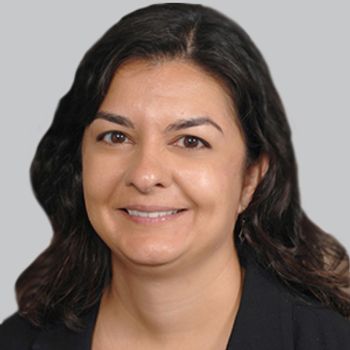
The findings from a secondary post hoc analysis suggest that intravenous alteplase is of similar benefit in patients with lacunar infarcts as in those with other stroke subtypes.

The panel voted 14 to 0 against granting de novo clearance to the device.

The Global Head of Neuroimmunology at Genentech discussed the results of a substudy that found that the use of advanced imaging metrics in MS clinical trials may provide specific information about tissue damage and potential repair.

The postdoctoral scholar at the University of California, San Francisco, spoke about a prognostic marker that can be used to study the role of genetic, epidemiologic and immune variables on MS, and to measure the long-term impact of treatment in clinical trials.

This is the first and largest study that explored mortality associated with beta interferon for treatment of MS in the clinical setting.

Understanding risk perception and risk tolerance can lead to greater satisfaction with treatment choices and adherence for patients with MS.

The research staff member at the IBM Research-Australia lab discussed how he and colleagues utilized machine learning to identify a set of proteins in blood that can predict the concentration of amyloid-beta in spinal fluid.

A Prescription Drug User Fee Act action date has been set for Dec. 27, 2019.

The director of the Mayo Clinic Alzheimer Disease Research Center and Mayo Clinic Study of Aging spoke about the current therapeutic landscape of Alzheimer disease, among other topics.
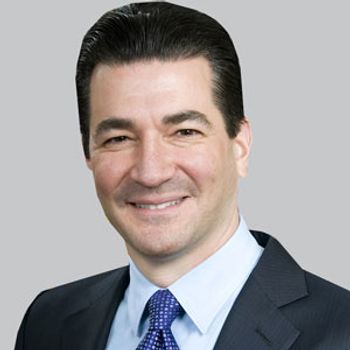
The 23rd FDA commissioner’s resignation is effective in about a month; his successor has not yet been named.

If approved, galcanezumab would be the first preventive option approved for patients with episodic cluster headache in the United States.

The new clinical practice guideline provides 9 recommendations, 4 of which are strongly recommended, for PAP treatment of OSA and is intended for use in conjunction with other AASM guidelines.
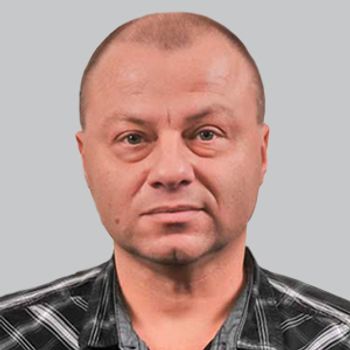
AED use was not significantly associated with dementia risk in patients followed by general practitioners and neuropsychiatrists, however, the potential harmful effects of levetiracetam generic brands on cognition should be further investigated.

The investigational drug candidate, formerly known as CK-2127107, is the subject of the phase 2b FORTITUDE-ALS trial, which is assessing the effect of reldesemtiv compared with placebo on respiratory function and additional measures of skeletal muscle function.

The therapy, which has a PDFUA date of Aug. 19, 2019, is being studied in an ongoing phase 3 study.

The chief medical officer of Cytokinetics spoke about the promise that the investigational fast skeletal muscle troponin activator holds as a potential treatment for spinal muscular atrophy.
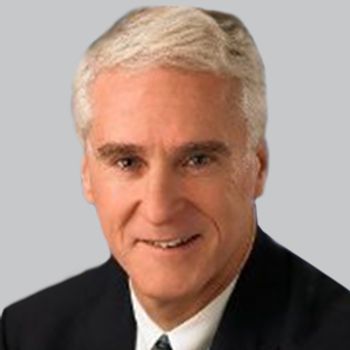
If approved, pitolisant would be the first new therapy in more than 15 years indicated for treatment of both excessive daytime sleepiness and cataplexy in adults with narcolepsy.

The director of the Pediatric Epilepsy Center at UCSF Benioff Children’s Hospital discussed the efficacy profile of ZX008, for which Zogenix recently submitted a new drug application to the FDA for the treatment of Dravet syndrome.

The stroke specialist at the Cerebrovascular Center at Cleveland Clinic detailed how patients who were rehabilitated earlier were shown to have better outcomes and a shorter stay in the intensive care unit in this study.

The initial phase 2 studies of cenobamate evaluated close to 1000 individuals, with efficacy demonstrated to the point that the FDA did not require additional efficacy studies.

At the end of the 6-month, placebo-controlled treatment period, treatment with lemborexant at 5 mg or 10 mg resulted in statistically significant improvements compared to placebo in patient-reported sleep onset latency, subjective sleep efficiency, and subjective wake after sleep onset.